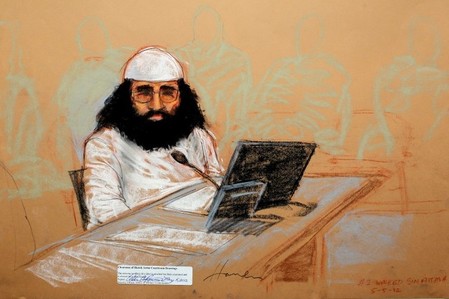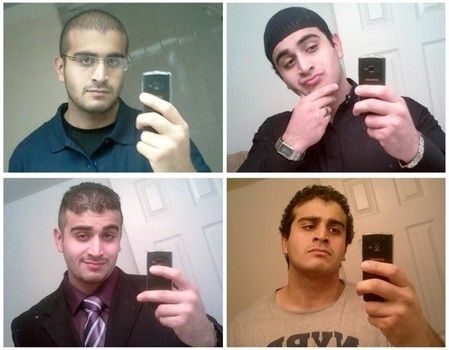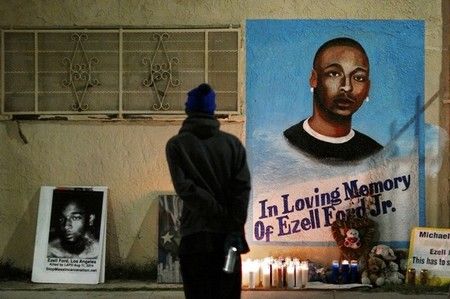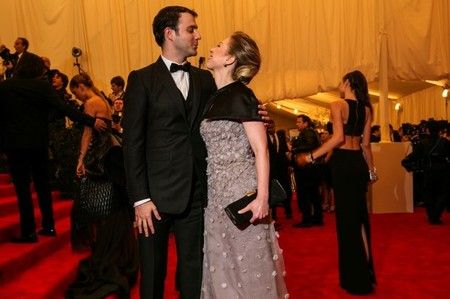Advertisement
Guantanamo judge nixes Sept. 11 suspect’s bid for new lawyers

By Lacey Johnson
FORT MEADE, Md. (Reuters) – A Yemeni man facing charges relating to the Sept. 11, 2001, attacks on the United States had his bid to fire his court-appointed lawyers denied again by a judge on Wednesday at the U.S. naval base at Guantanamo Bay, Cuba.
Suspected al Qaeda training camp leader Walid bin Attash, who could face the death penalty if convicted, has been fighting to replace his lead attorneys in the case since October. The judge, U.S. Army Colonel James Pohl, denied the request for a third time, saying bin Attash failed to show good cause for the move.
“Any attorney that approaches me … I might lose control over myself,” bin Attash said through an interpreter at the military tribunal. He said he had not met with his legal team in five months.
“They begin feeling so powerful that they can do whatever they want,” said bin Attash, who has been held at the Guantanamo prison for almost 10 years.
His lead defense attorneys, Cheryl Bormann and Michael Schwartz, kept their distance by opting to sit at the back of the courtroom.
Bormann, a Chicago lawyer who has represented bin Attash since 2011, said in February that years of isolated detention and torture had turned him into “a damaged human being” who no longer trusted her.
She blamed the breakdown in attorney-client trust largely on the U.S. government, which she accused of secretly recording their meetings and seizing legal documents from bin Attash’s cell. She also cited an 18-month delay caused by an FBI investigation of defense attorneys.
Pohl said that bin Attash may choose to represent himself. Bin Attash is expected to make a decision on Thursday on representing himself.
Bin Attash and his four co-defendants are charged with hijacking, terrorism, war crimes and conspiring with militants who slammed hijacked airliners into New York’s World Trade Center, the Pentagon outside Washington and a Pennsylvania field. Almost 3,000 people were killed in the 2001 attacks.
Nearly 60 motions are scheduled for the two-week hearing. They include questions about prisoner communications and what evidence the prosecution will provide about the years the men spent at secret Central Intelligence Agency prisons.
The hearing was monitored over closed-circuit television at a press room at Fort Meade, outside Washington.
(Editing by Ian Simpson and Will Dunham)










